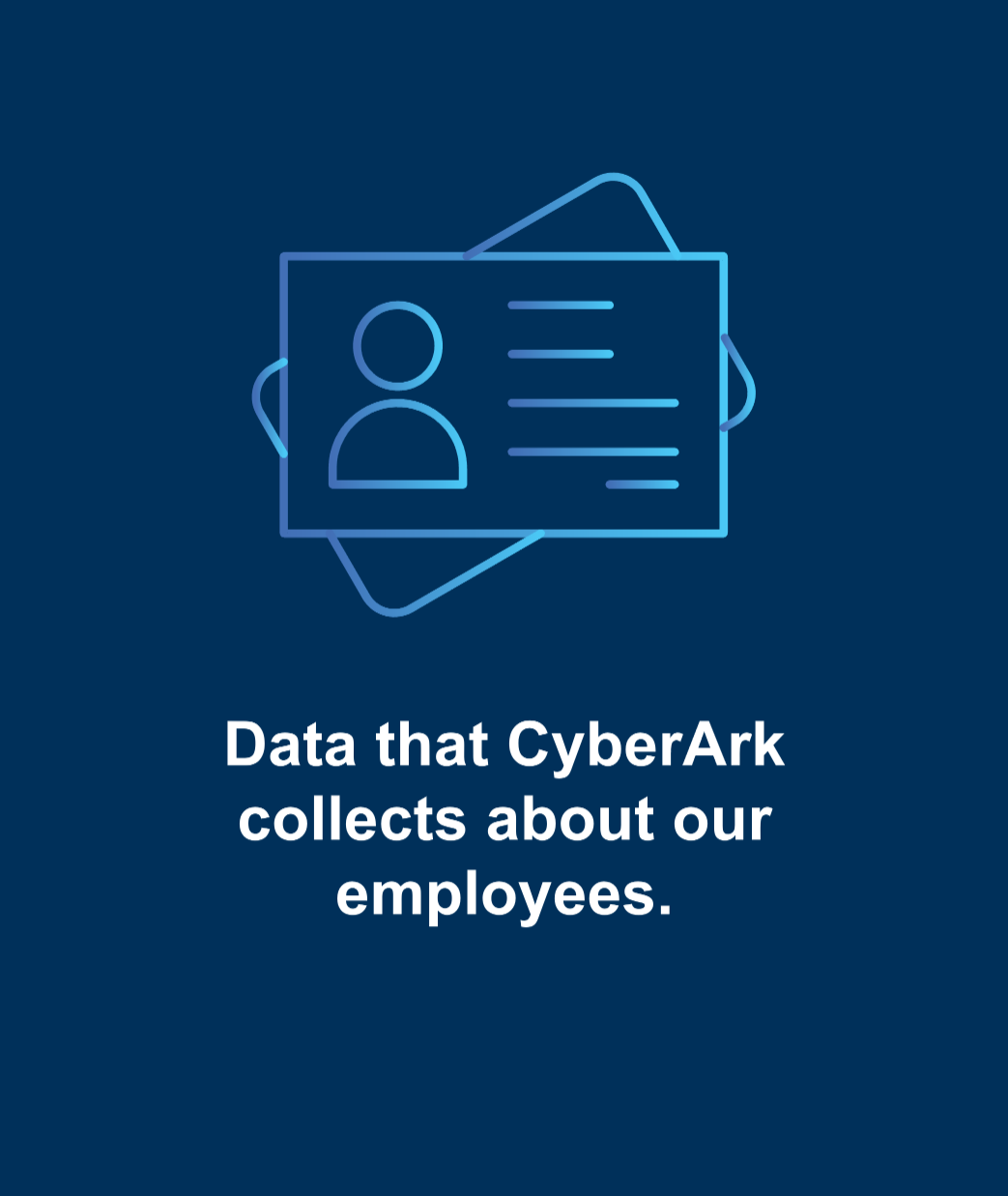CyberArk controls what data we collect about our employees and how we use it. Therefore, we are the controller.
If we use a SaaS Solution to help us do this, for example SuccessFactors, they are acting as processors for CyberArk.

Home
Part 1 / 5
Next:
Previous
Part 2 / 5
To complete this training module, please make sure you have reviewed all sections and answered all questions.
Next:
Previous
Part 3 / 5
Next:
Previous
Part 4 / 5
To complete this training module, please make sure you have reviewed all sections and answered all questions.
Next:
Previous
Part 5 / 5
To complete this training module, please make sure you have reviewed all sections and answered all questions.
Exit Course